
Examples Of Our Commercialization Toolkit
We’ve helped 160+ companies develop and scale-up their process-based sustainable technologies.

How Early Clarity Helped a Critical Minerals Startup Save Millions
When a critical minerals startup asked Next Rung to turn their lab results into a pilot design, early engineering clarity helped them make informed, strategic decisions. Our FEL-1 assessment revealed insights that helped the team avoid a costly misstep and pivot to a smarter, leaner validation plan.

Dynamic Technoeconomic Analysis for Textile Recycling
Next Rung Technology was tasked with developing a technoeconomic model for a client’s proprietary process for recycling textiles. Through this process we developed a thorough understanding of the lab scale process, which then helped the technology team to conceptualize what type and size of equipment would be needed at commercial scale.

Understanding the Cost of Commercialization for an Alternative Protein Company
The client had developed an innovative process to utilize microbes to address widely prevalent intestinal disorders. They were operating at a limited commercial scale and were looking to scale their production.
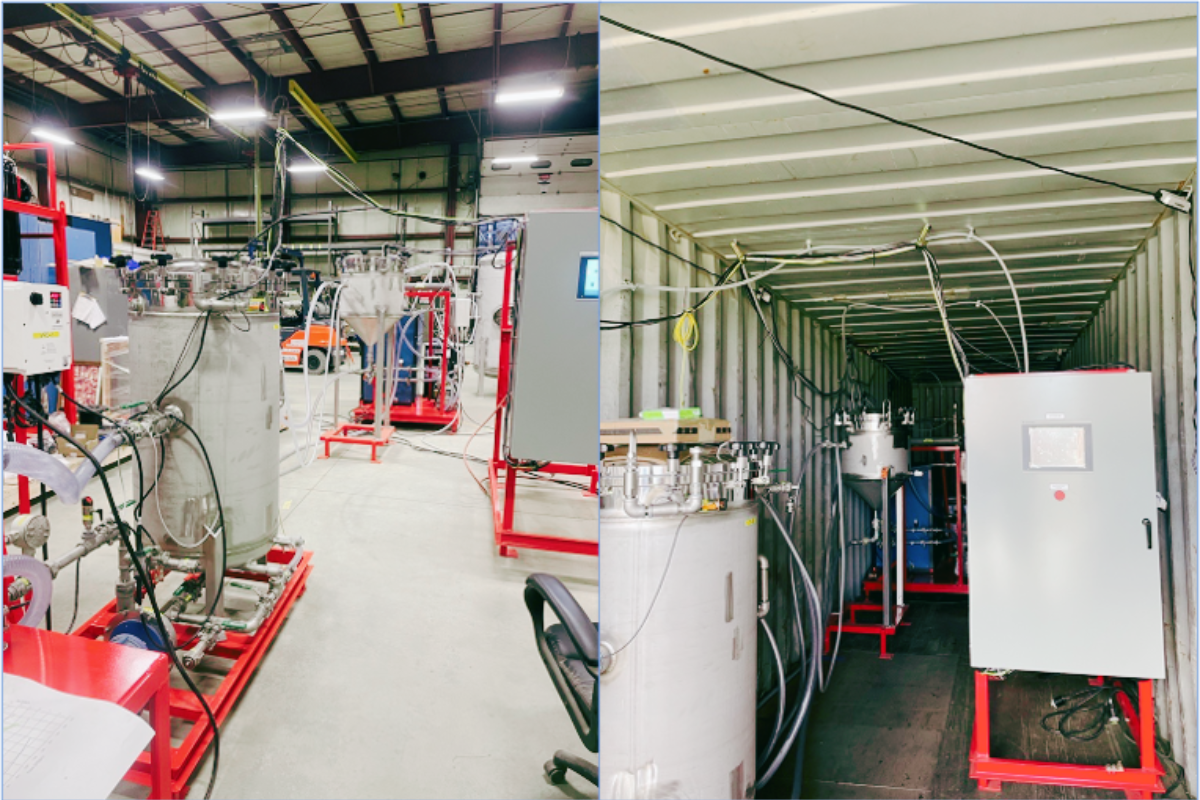
Skid Delivery for Innovative PFAS Water Treatment Technology
An early client of Next Rung Technology was developing a first-generation skid to operate their novel water treatment technology and needed support from a team experienced in skid design and delivery. The primary goal of the project was to solve a major OPEX expenditure of their system.

Bringing Novel Sludge Handling Technology To The US Market
European technology company has a full-scale facility operating in the EU to handle sludge, a wastewater by product, and engaged Next Rung to manage the commercialization of the technology in the US.
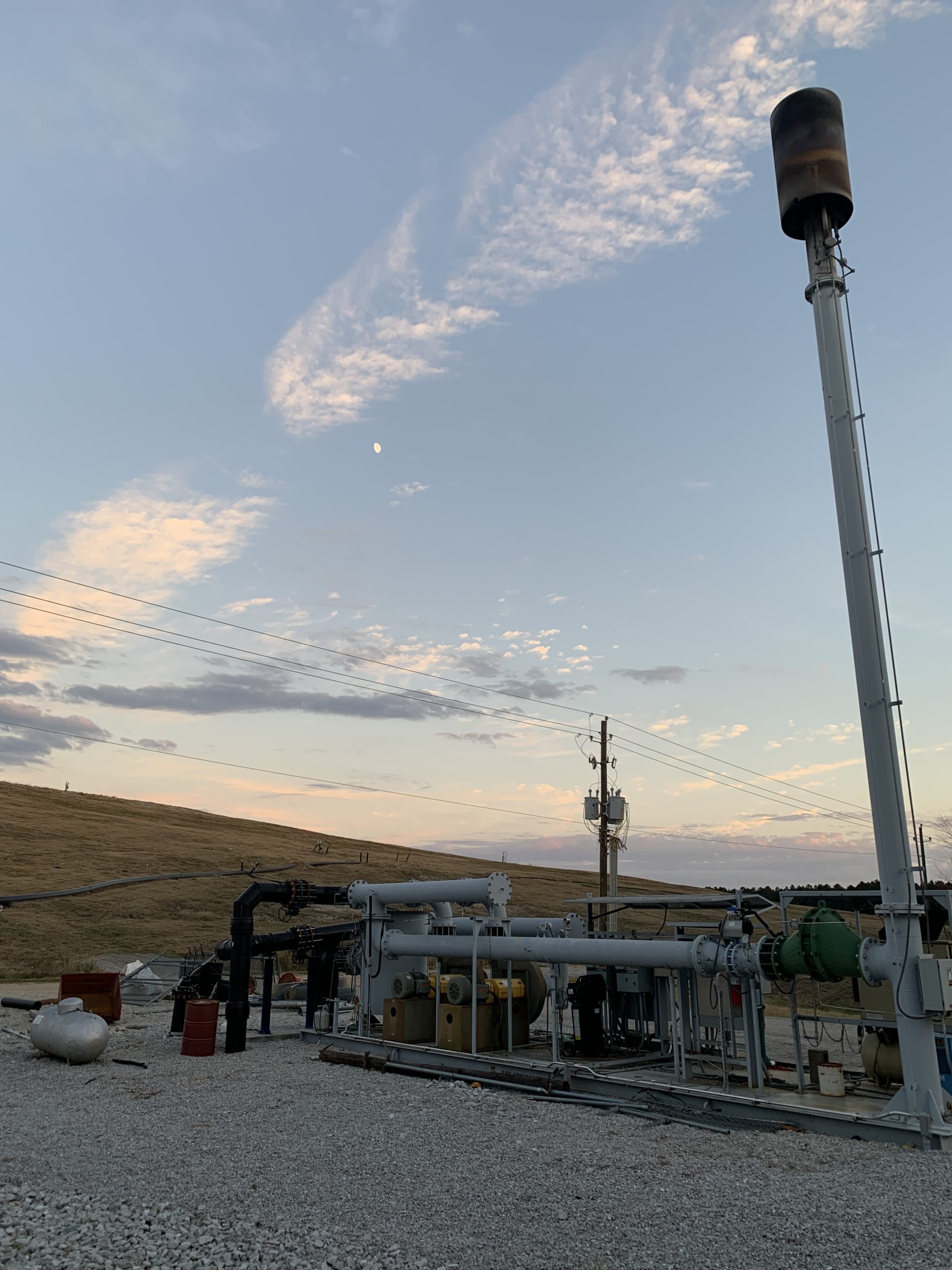
Facilitating Project Delivery for Landfill Leachate Treatment
A wastewater treatment company was looking for support from engineers with novel wastewater treatment technology experience to help their team with process engineering and project organization.
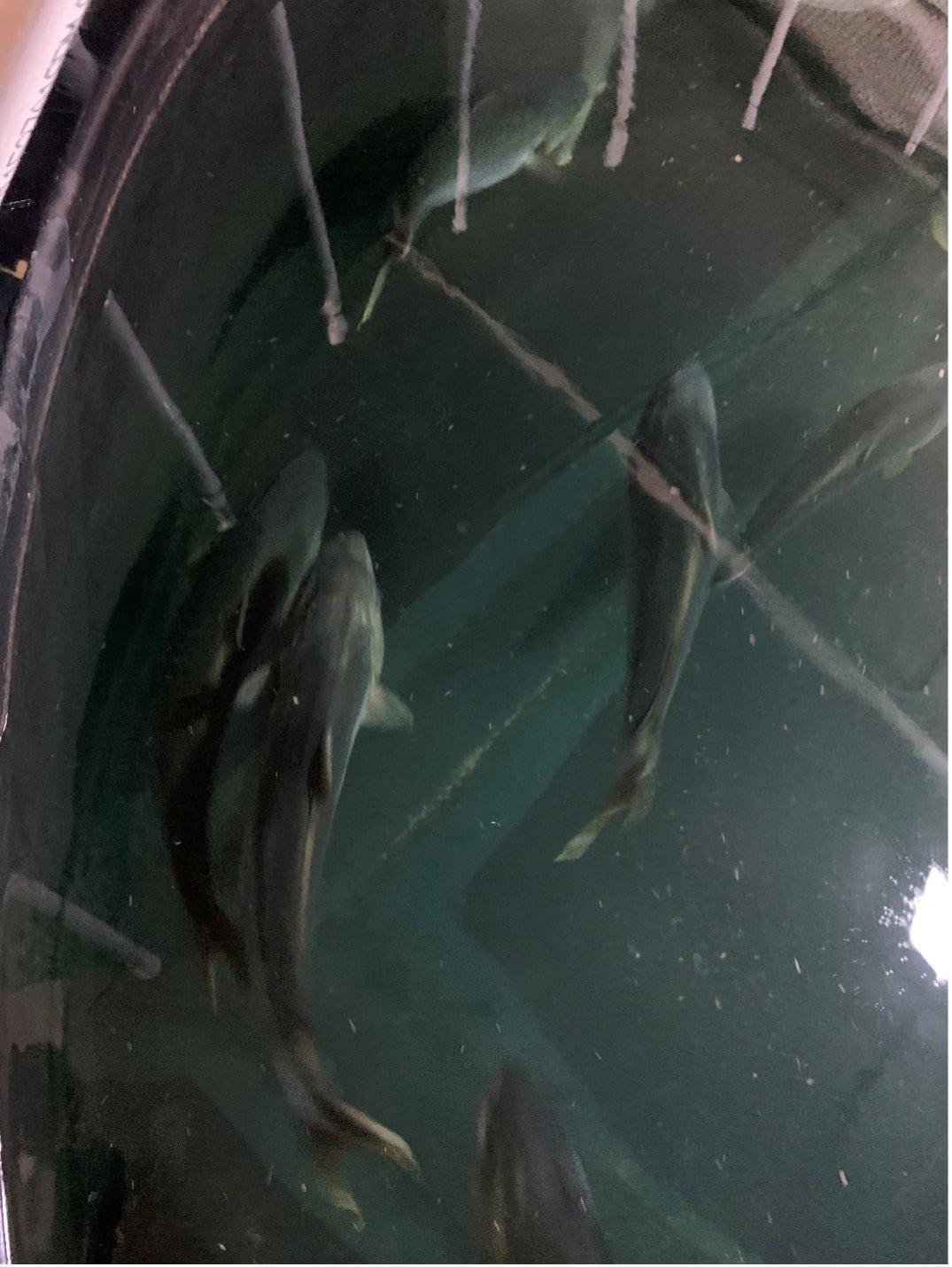
Aquaculture Sludge Technology Evaluation
An international aquaculture company expanding operations to a site in the Northeast US sought a solution for handling salty sludge generated by their on-land seawater-based process.
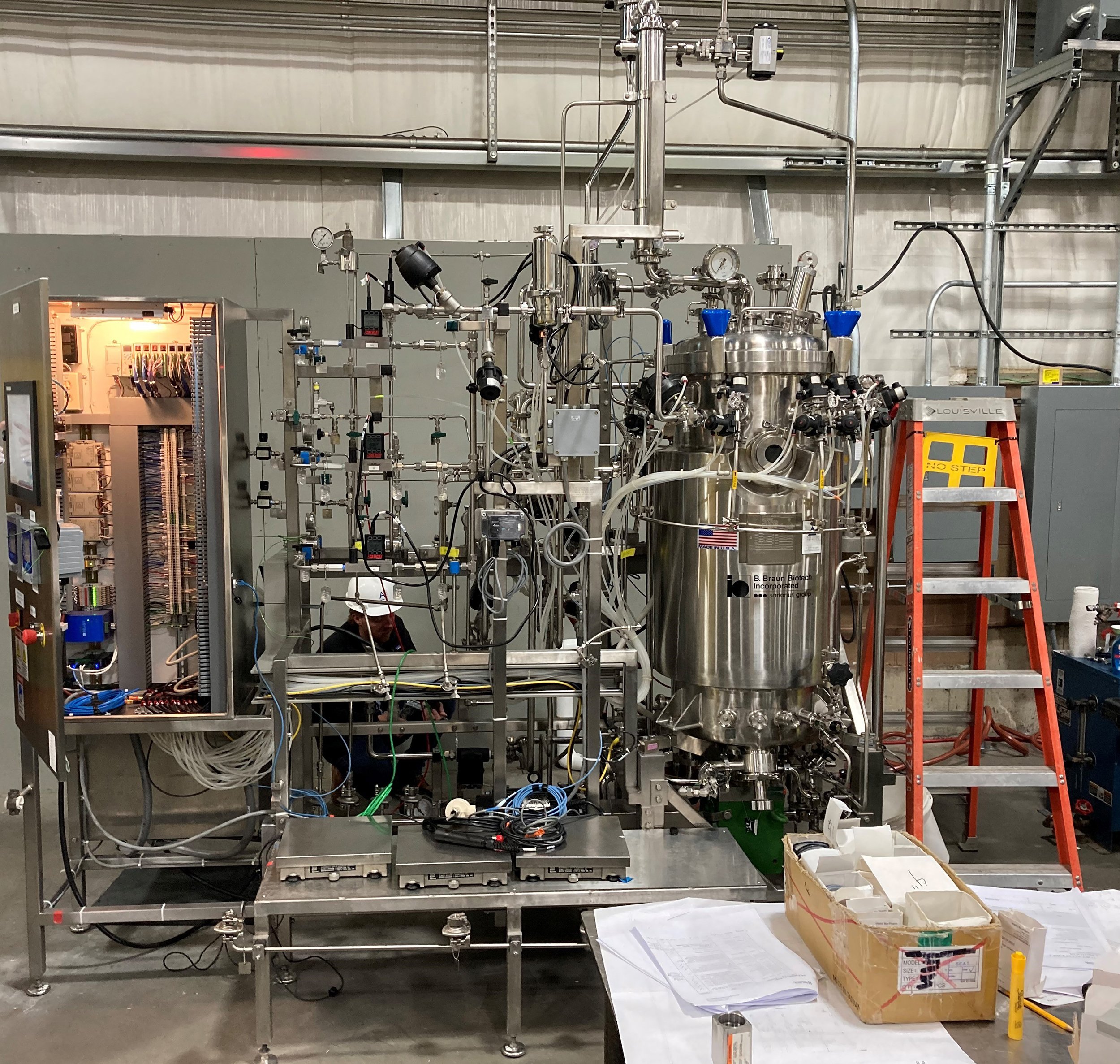
Fast Track Delivery of Alternative Protein Bioreactor Skid
An alternative proteins company needed a bioreactor skid to provide proof of concept for their proprietary process, and enable further fundraising.

Commercialization and Process Engineering for Wave Powered Desalination Systems
A company developing wave-powered desalination systems to address drinking water access in coastal communities needed a temporary head of engineering to get them past the commercialization phase.

Saving a Fermentation Company $34 Million During Their Expansion
A fermentation company had just been acquired, and their parent corporation had ambitions plans to expand their production. They needed guidance on how to structure this massive expansion of their fermentation process in a cost-effective and strategic manner.

Scaling an Alternative Meat Company to 100x Capacity
An alternative meat company that had just raised funding was making their product in small lab-scale fermenters. The low production capacity was limiting them from achieving their full commercial potential. They connected with the Next Rung team to gain momentum and clarity towards commercial expansion.
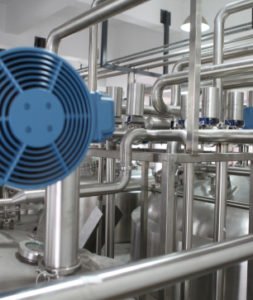
Scaling a Silk-Based Protein Company’s Production From Bench Scale to a Pilot Plant
A startup silk-based protein company had just raised over $15 million to commercialize production of their novel process, but didn’t have a clear understanding of their commercial scale process. They brought Next Rung Technology in as a partner to guide them towards their first pilot production facility.

Scaling Up Production Capacity and Efficiency for a Microbiome Therapeutics Company
A startup silk-based protein company had just raised over $15 million to commercialize production of their novel process. The challenge was that they didn’t have a clear understanding of what their commercial scale process would look like or the steps to get there, and did not yet have an in-house team with the experience to successfully make the transition from bench scale.

Scaling Up the Manufacturing of Sustainable Surfactants Through Fermentation
The client had developed an innovative process to utilize microbes to address widely prevalent intestinal disorders. They were operating at a limited commercial scale and were looking to scale their production.
